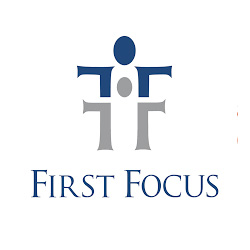Newsroom
Tax and Budget
November 14, 2016
Utah Education Is Falling Behind Nation and We Must Commit More Dollars
Tagged under
October 20, 2016
Utah above average – and below average – in new national high school graduation data
Tagged under
July 14, 2016
Helping Candidates Do Their Homework
Tagged under





